The United Arab Emirates (UAE) has set an ambitious goal of reducing its industrial carbon emissions by 93% by 2024. This is a significant step towards achieving the country’s overall goal of net zero emissions by 2024.

The UAE’s Industrial Decarbonisation Roadmap outlines a number of strategies for achieving this target, including:
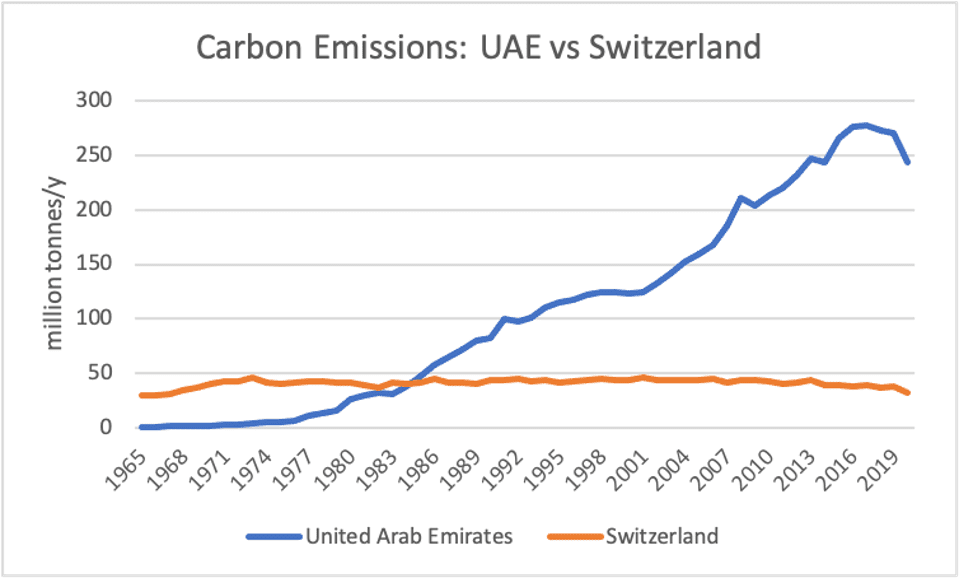
- Scaling up clean electricity: The UAE will invest in renewable energy sources such as solar and wind power to generate clean electricity for its industries.
- Adopting carbon capture, utilization and storage (CCUS) technologies: CCUS technologies capture carbon dioxide from industrial emissions and store it underground, preventing it from entering the atmosphere.
- Improving manufacturing efficiency: The UAE will work with its industries to improve their energy efficiency and reduce waste.
- Using alternative fuels: The UAE will encourage the use of alternative fuels such as hydrogen and natural gas in its industries.
- Promoting recycling and clinker substitutes: The UAE will promote recycling and the use of clinker substitutes to reduce the emissions from its cement industry.
The UAE’s Industrial Decarbonisation Roadmap is a significant step towards achieving the country’s net zero emissions goals. By reducing its industrial carbon emissions, the UAE can help to mitigate the effects of climate change and protect the environment for future generations.
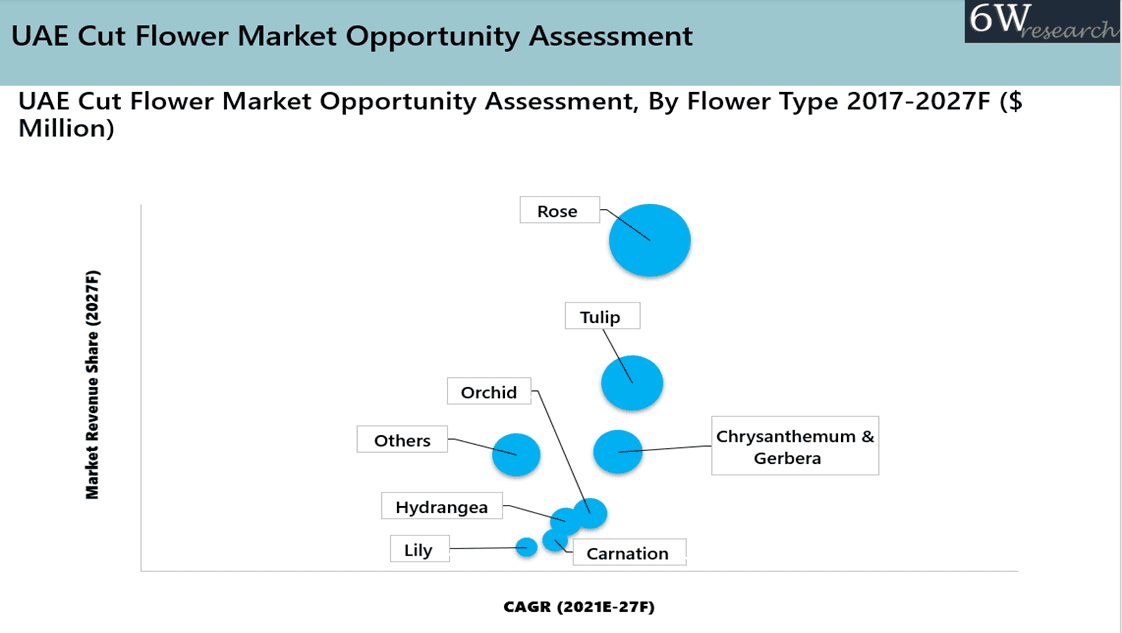

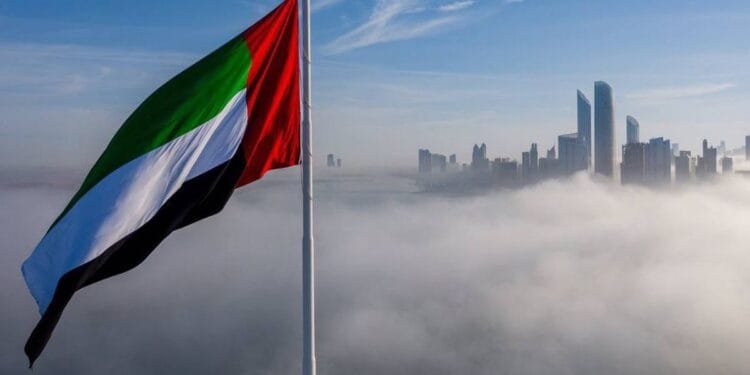



 United Arab Emirates Dirham Exchange Rate
United Arab Emirates Dirham Exchange Rate

